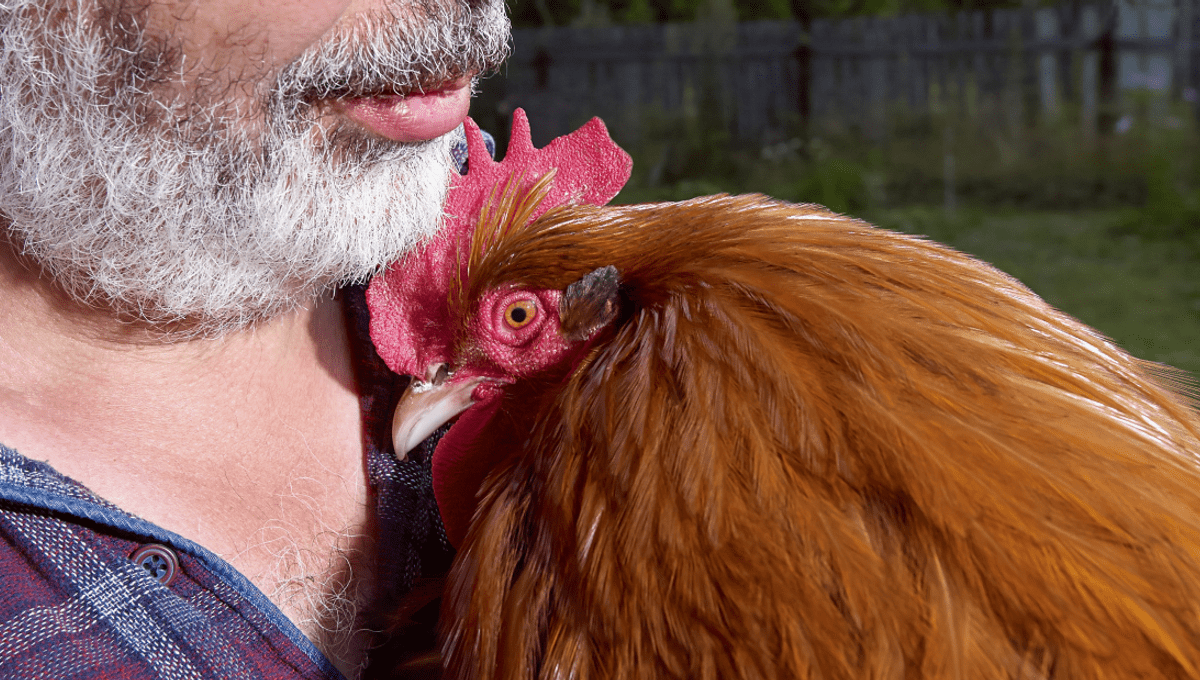
Avian influenza is currently seeing a spike in parts of the globe, with the UK environment agency recently announcing that Britain is experiencing its worst outbreak on record. While health authorities are advising residents across the globe on how to prevent the spread of disease, posts on social media have scientists worried as people comfort infected birds without personal protective equipment (PPE).
As we saw at the advent of the COVID-19 pandemic, which is thought to have spread from bats (possibly through an intermediate host) to humans, zoonotic diseases can become a public health issue. While human cases of avian flu are rare, they do happen, such as a reported case from the UK earlier this year.
Emmanuel the emu, much-loved TikTok star, has unfortunately been touched by the bird flu outbreak. His keepers are understandably very upset, but images of the emu being comforted with hugs from humans without PPE has scientists worried.
“If your emu (or any bird) has avian influenza, do not kiss it,” said virologist Dr Angela Rasmussen on Twitter. “Do not cuddle with it. Do not touch it. Bird flu is extremely dangerous to humans and other animals.”
“I am as captivated by Emmanuel the Emu as many on the on the internet & hope it recovers, but being face to face with a bird [with] avian flu is a bad idea,” tweeted Assistant Professor at Emory Healthcare, Dr Boghuma Kabisen Titanji, IDdoc blog author and infectious diseases specialist. “This is how zoonotic transmissions occur, this is why entire farms cull sick birds.”
Cases of human infection are rare with fewer than 1,000 cases reported globally since 2003, but they are most common in people who have regular contact with birds. Close contact is required for bird-to-human transmission of avian flu, which is why the official advice is to not touch sick or dead birds.
Cases have cropped up in unusual species in this latest outbreak, with the first-ever confirmation of bird flu in cetaceans coming from dolphins and porpoises. To try and slow the spread in Britain, the UK government has introduced an Avian Influenza Prevention Zone limiting who has access to sites housing lots of birds and regimented clothes changing and disinfection of potentially contaminated items and vehicles.
While some outbreaks occur among commercial flocks, domestic pets are also at risk and though watching animals we love suffer is incredibly painful, keeping a safe distance is necessary for the protection of other animals and human health.
For more information on avian flu, visit the Center for Disease Control and Prevention’s website.
Source Link: Scientists Plea: Don't Hug Birds With Avian Flu